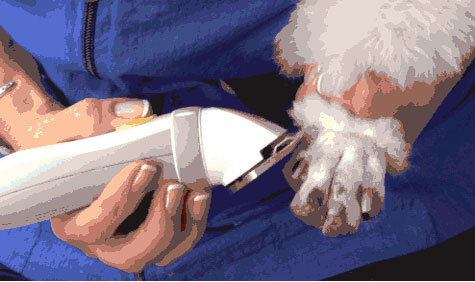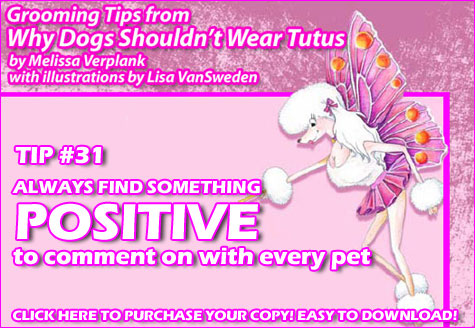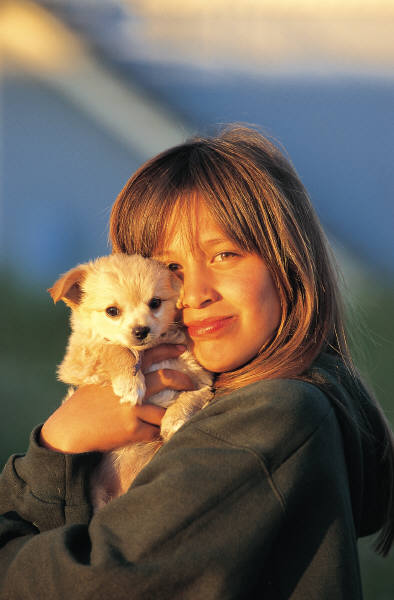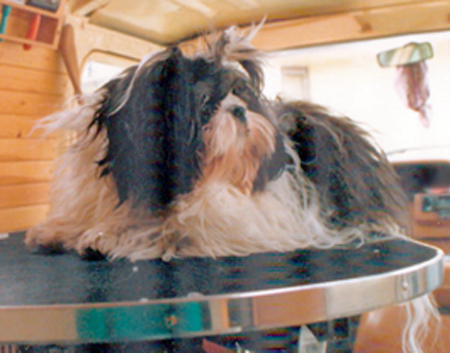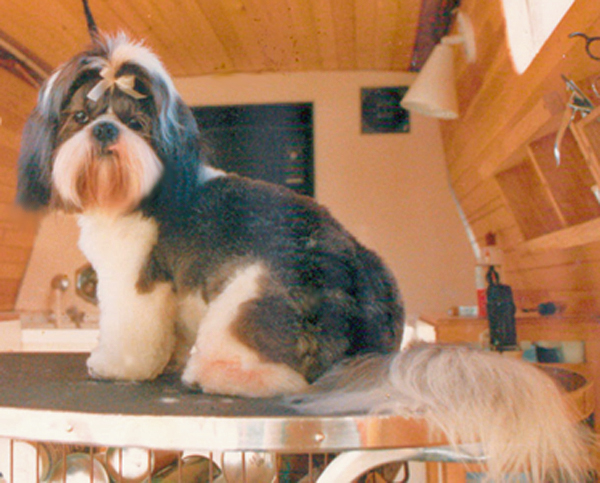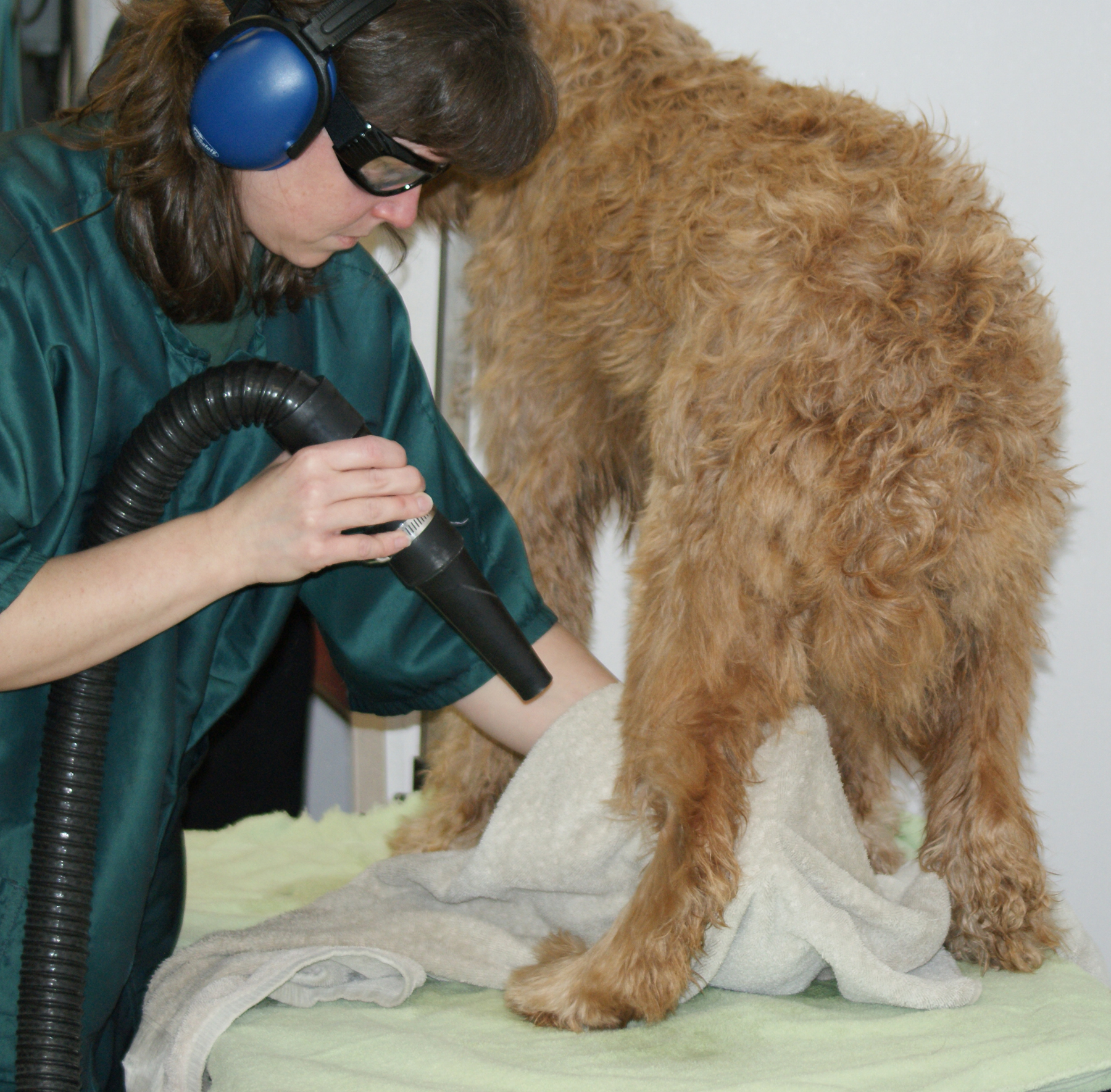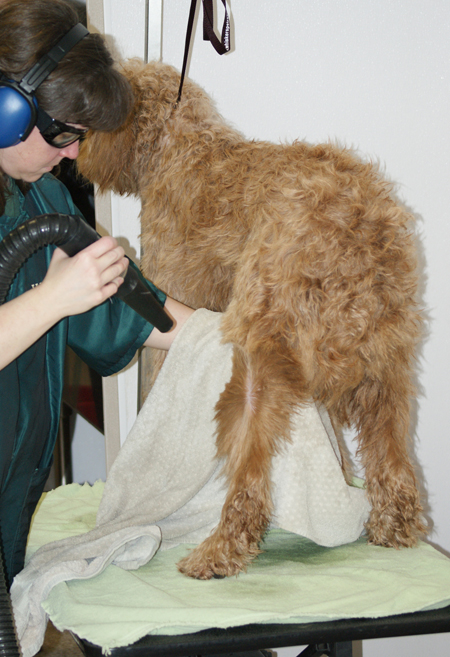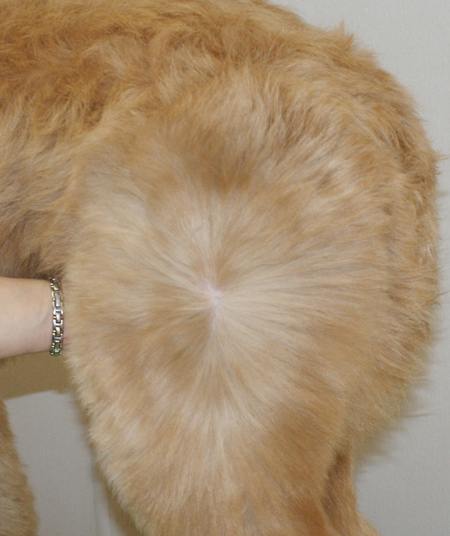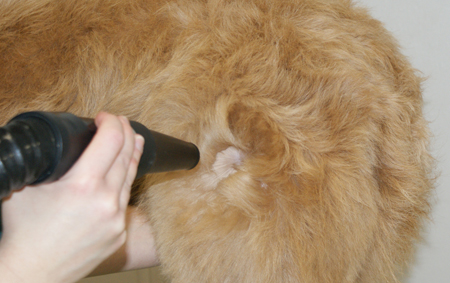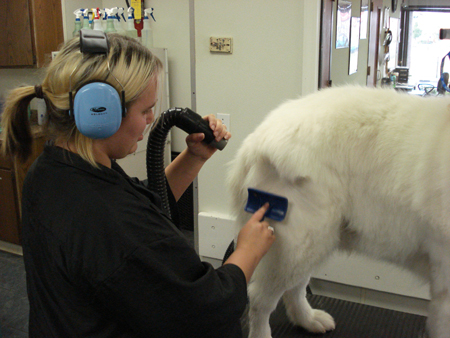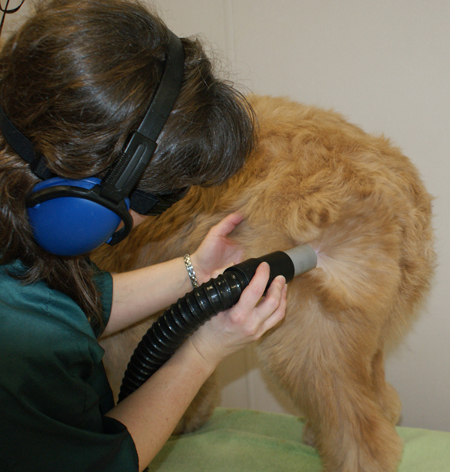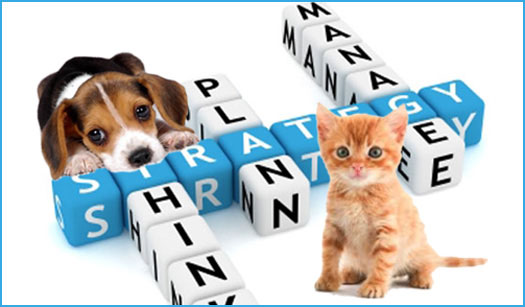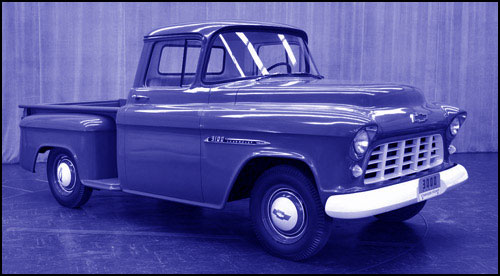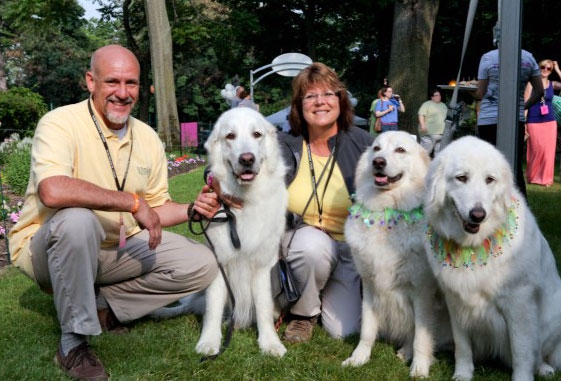
Marc LaFleur and Melissa Verplank enjoying the 2013 Bissell Blocktail Party Photo by Michael Buck – Wood TV8
For those of us that work in the pet care industry, my guess is a lot of you are just like me. You’re a softy. When you see an animal in need, you just want to reach out and help. Dogs. Cats. Horses. Birds. Wild animals. Heck, I think my husband has lost track of how many times he stopped to assist a turtle crossing the road! Bet you’ve done it too.
Today there are so many animals in need. Did you know that according to The American Society for the Prevention of Cruelty to Animals (ASPCA), half of the dog’s that end up in shelters are destroyed? It’s even worse for cats. Well over 50% are destroyed. There just are not enough homes for these animals.
This was the eighth year for the Bissell Blocktail Party. It’s a local event hosted by The Bissell Pet Foundation and Cathy Bissell (of the vacuum cleaner fame). It is a fund-raising event for local animal welfare organizations in West Michigan.
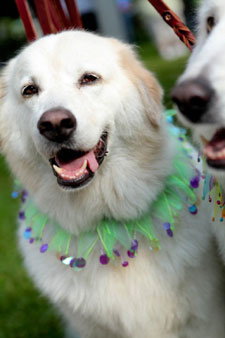 The Blocktail Party is the biggest fundraising event of the year for this organization. Participants enjoy music, ‘yappetizers,’ a silent auction, and mingling with fellow animal lovers and their four-legged friends. Last year the event raised $173,000 to help homeless pets in West Michigan.
The Blocktail Party is the biggest fundraising event of the year for this organization. Participants enjoy music, ‘yappetizers,’ a silent auction, and mingling with fellow animal lovers and their four-legged friends. Last year the event raised $173,000 to help homeless pets in West Michigan.
My Whiskers Resort & Pet Spa team has always been very active with this fundraiser. This year, Whiskers was a “Best in Show Sponsor.” Plus, many of our Whiskers team members were volunteers at the party, helping make the evening go off without a hitch.
And the best part – this year Marc and I were actually in town so we could attend the event! What a blast. We got to attend with all three of our ‘white dogs.’ The girls even got to sport their festive collars — something that doesn’t happen very often when they are patrolling the property on our farm.
The event was held on the grounds of Mangiamo, a wonderful Italian restaurant situated in the historic district of East Grand Rapids. At one time it was a lumber baron’s home. Then it went on to become a monastery. And later it went on to become a restaurant. A little known fact; before my husband became involved with the pet industry — he was a sous chef. He spent four years working in their kitchen!
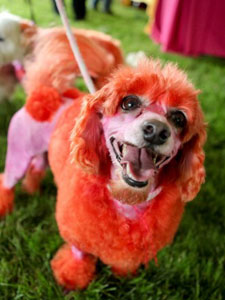 When we got there, dogs and their owners were coming from every angle. They must’ve had close to 1000 guests at the party! I was amazed at the volume of silent auction items up for bids. Pets and people were mingling. Food and drink was plentiful. It was shocking that almost all the four legged guests were extremely cordial and exceptionally well-behaved.
When we got there, dogs and their owners were coming from every angle. They must’ve had close to 1000 guests at the party! I was amazed at the volume of silent auction items up for bids. Pets and people were mingling. Food and drink was plentiful. It was shocking that almost all the four legged guests were extremely cordial and exceptionally well-behaved.
The variety of dogs attending the event was immense. You could immediately tell dogs that came from rescue organizations. They got to sport a bright orange bandanna. It was remarkable how many orange bandannas were floating through the crowd – pure-bred and mixed breeds alike.
Cathy Bissell and her team have definitely had a very positive impact on pets in the West Michigan area. Even if your community does not host such an elaborate event as the Bissell Blocktail Party, there’s still lots you can do in your local area.
- First and foremost, as a pet professional, you are at the forefront of educating owners about the importance of staying and neutering.When a client adds a pet to their family, encourage adoption/rescue – giving a homeless pet a second chance.
- Donate your skills to make pets up for adoption more appealing with a fresh grooming.
- Make your business a donation drop site for items they need; food, towels, blankets, litter, cleaning supplies, etc.
- Designate a certain percentage of your sales or a particular service to be donated to one of your local rescue organizations. (flea baths, nail trims, simple upsell items.
- Become a foster home for pets in need.
- Volunteer at animal welfare organizations within your community
- Encourage microchipping for your clients so if a pet is lost, it has a higher chance of finding its way home.
- The majority of pet welfare organizations operate strictly through generous donation — donate money. (Donating the price of 1 grooming dog a week or 1 dog a month could go a long way in helping these organizations)
It was an honor to be a part of this event. It was a perfect night – the rain even held off for most of the evening. I hope the foundation was able to raise even more money than last year!
I’m proud of our Whiskers Resort team. Every time I turned around at the Blocktail Party, we ran into them… (It was extremely hard to miss Megan who has embraced creative styling. At the end of her leash were brilliant orange and pink dogs! ) Many of our team members were wearing the official volunteer tee-shirts supplied by the Bissell Pet Foundation. Way to go gang!
Happy Trimming,
Melissa
P.S. Check out the clip below. Marc and I are interviewed at the party with the ‘white dogs.’



 In a professional grooming salon, I think my favorite tool is a humble towel. I just never have enough.
In a professional grooming salon, I think my favorite tool is a humble towel. I just never have enough.